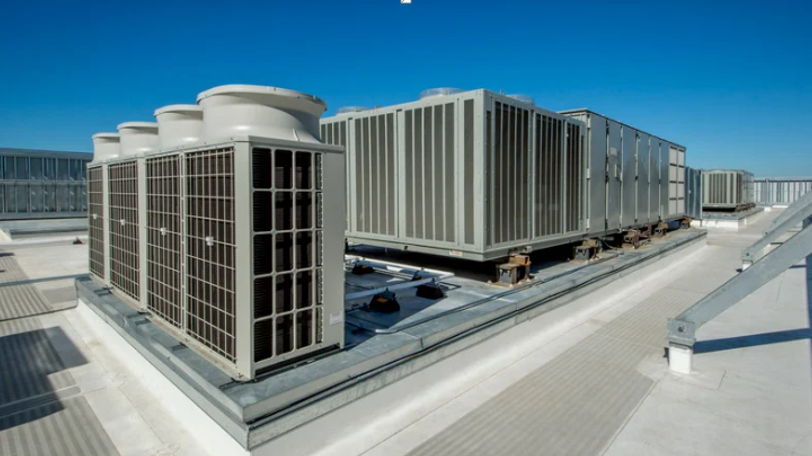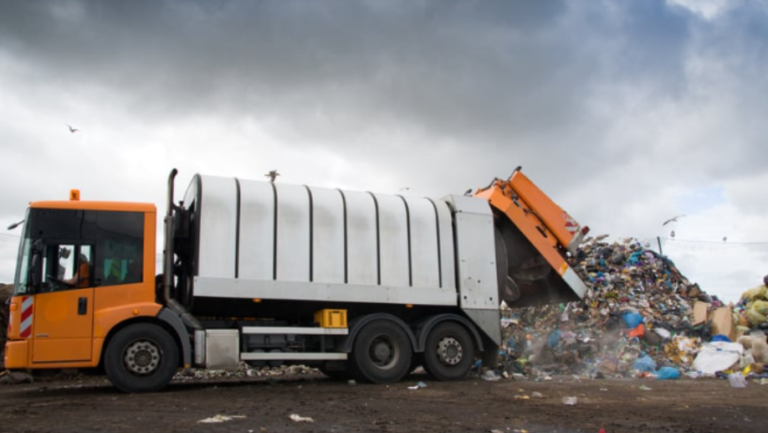Understanding the Role of Energy-Efficient HVAC Solutions for Commercial Buildings
In today’s commercial sector, energy efficiency is more than just a goal—it’s an operational requirement. Rising energy costs, evolving sustainability mandates, and increased focus on indoor environmental quality have made HVAC performance a top priority. To meet these demands, businesses are partnering with trusted providers for commercial HVAC service in Port Charlotte who specialize in designing systems that optimize both comfort and cost-efficiency.
These services go beyond equipment installation. They involve strategic planning, system upgrades, and data-driven maintenance practices that maximize long-term value.
Why Energy Efficiency Matters in Commercial HVAC
A well-engineered HVAC system can significantly reduce a building’s energy consumption—often by 30% or more—when properly maintained and tailored to the facility’s unique requirements.
One of the first steps in achieving this is selecting the right professionals for the job. Knowing how to select the right commercial HVAC contractor is crucial. An experienced contractor will assess load demands, airflow distribution, and insulation conditions before recommending a solution. More importantly, they’ll ensure the selected system aligns with both immediate performance needs and long-term efficiency goals. Their role is pivotal in avoiding under- or oversized units that can lead to wasted energy and premature equipment failure.
What Happens During a Commercial HVAC Tune-Up?
Even the most advanced HVAC systems degrade over time without consistent attention. This is where proactive tune-ups come into play.
During scheduled maintenance, technicians evaluate refrigerant levels, check for duct leakage, test system controls, and calibrate thermostats to ensure optimal operation. Businesses that understand what to expect during a commercial HVAC system tune-up are better positioned to minimize emergency repairs and avoid costly disruptions. Preventative service not only extends system life but also keeps energy consumption in check—especially during peak usage months.
See also: How to Choose the Right Laser Fume Extraction Unit for Your Business Needs
The Benefits of Energy-Efficient HVAC Investments
Energy-efficient HVAC systems don’t just reduce utility costs—they increase property value, enhance air quality, and support sustainability goals.
High-efficiency models often come equipped with variable-speed motors, advanced filtration, and smart zoning features that adapt to real-time occupancy and temperature changes. These features contribute to a healthier indoor environment and support employee comfort, which in turn improves productivity and tenant satisfaction. Businesses may also benefit from tax incentives, rebates, and green building certifications by upgrading to energy-conscious equipment.
Additionally, long-term maintenance contracts with qualified providers offer peace of mind and ensure that the system continues to perform at peak levels throughout its lifespan. These plans often include priority service, performance tracking, and detailed reporting—tools that help management stay ahead of potential problems and maintain compliance with local efficiency codes.
Conclusion
Energy-efficient HVAC solutions are no longer optional—they’re essential for modern commercial buildings. From reducing energy bills and emissions to creating healthier indoor environments, the advantages are extensive. When implemented by knowledgeable professionals and supported through regular service, these systems deliver measurable operational and financial value.
Investing in the right HVAC infrastructure not only protects your bottom line but also strengthens your commitment to sustainable business practices. As expectations around building performance continue to evolve, energy-efficient systems will remain a cornerstone of competitive and compliant commercial operations.






